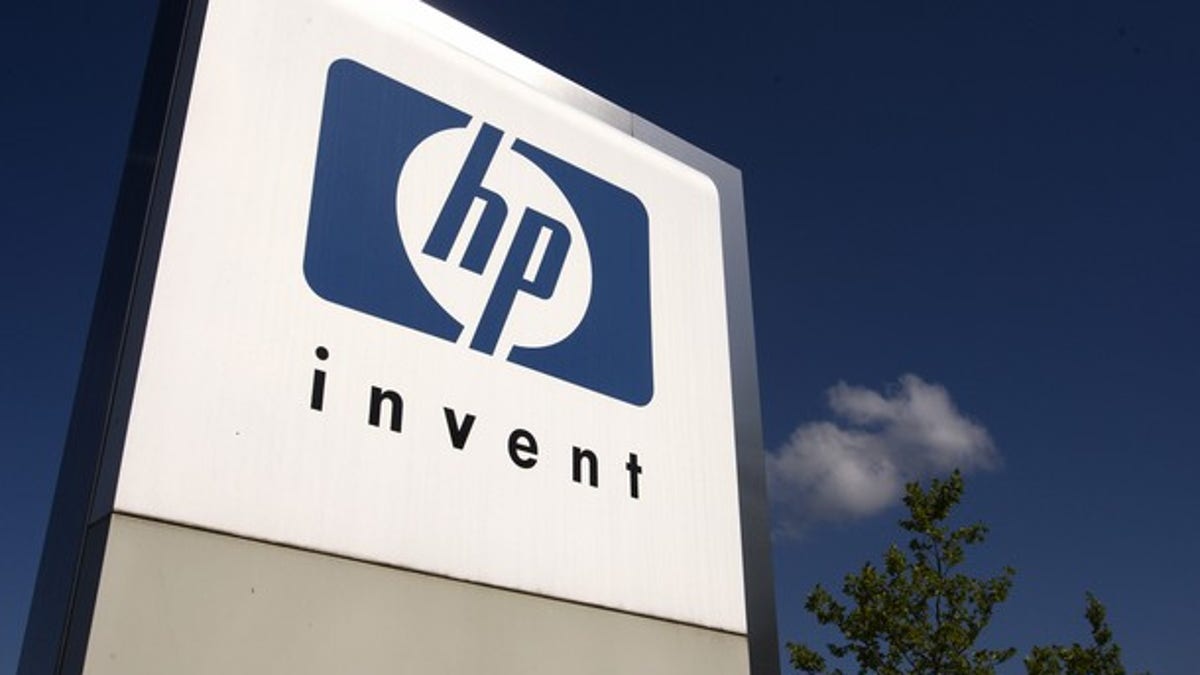
Hewlett-Packard Co wants to spinoff its personal computing arm, setting in motion a transformation that mirrors IBM's successful overhaul last decade. (Reuters)
When you're number one in the world, what do you do next? Quit, of course.
At least that seems to be Hewlett-Packard's strategy. The number one maker of personal computers in the world is proposing to throw in the towel and focus on primarily being a services company. That's right. It's the technology equivalent of, “Would you like fries with that, sir?”
In essence, it's as if the company management decided that all those ingenious, brilliant, legendary engineers who made HP what it is today just aren't able to compete anymore. IBM decided the same back in 2004. So are American hardware companies—or rather their executives—bailing for dollars, taking the easy way out and rather than putting corporate resources behind building a better mousetrap simply saying there's easier money to be made in diving for data?
Admittedly, back in January I made a point of arguing that the desktop PC was dead. And it clearly is in terms of being the dominant device for the masses. Although smart phones, tablets, and some yet-to-be-designed future gadgets will replace PCs for most people, there are still plenty of us (myself included) who want—and need—the latest, fastest, most powerful personal computing systems available, and that is going to be the desktop PC for the foreseeable future. HP has been building some of best, most energy efficient, even ecologically conscious, systems for years.
So why bail when you are the best in the world? Did Carly Fiorina's $25 billion deal to purchase Compaq in 2001 finally come home to roost as many said it would? Or is this like Randy Moss retiring--or is it more like Brett Favre (finally) retiring?
HP seems to be biting off its nose to spite its face. It's frightened by the competitive landscape after it made a monumental mistake trying to buy its way into the mobile market with its $1.2 billion purchase of Palm last year. That fear has led it to reassess its PC business (we all know PCs are dead, right?).
But the Palm debacle isn't analogous: Palm had no market share and in spite of some excellent software, it was already clear that Google's Android was going to dominate the smartphone market, and Apple was going to hold its own as the cool handset of choice. But abandoning Palm's webOS shouldn't entail getting out of the PC business just because its a tough business.
Fortunately, as many American technology fans will point out, there's still Apple, which clearly honors the hardware, turning its devices into objects of desire the world over. Moreover, Intel remains at the cutting edge, continuing to invest in pushing the engineering envelope with ever more sophisticated processors, even processors that try to emulate the way brains work (even if it is still just a cat's brain). And Intel is not afraid to compete, investing astronomical sums ($5 billion in Arizona) to build fab plants—the sophisticated factories needed to build state-of-art chips.
In addition, Google, the quintessential software company, understands the intrinsic value of hardware. Last week it announced it was going to buy the storied mobile business of Motorola for $12.5 billion. Google realizes that the software is nothing without the hardware (which is why it builds leading edge data centers around the world). It already has the leading smart phone software, but the company knows it can't rest on its laurels. It needs great handsets too—maybe the next StarTAC or Razr. (Oh, and Motorola's TV set top box technology could give Google TV a big shot in the arm, too.)
Google's major weakness is its total lack of customer support, but the company has shown a willingness to learn and could create a Motorola renaissance, returning it to its stature as the preeminent cell phone maker. (Cynics will say it's simply in response to Microsoft's deal with Nokia or that it's only about patent protection.)
But we still need state-of-the-art desktop computers. Dell has been poking fun at HP with a little jousting online. Dell owns Alienware, which makes some rockin' systems for gamers who want only the best, but the company has a lot of work in front of it if it wants to be number one in PCs.
More worrisome is that if HP does give up on PCs, it could hurt other makers. Apple and Dell strive to build better systems simply because there is competition from HP. Without it, we all may be worse off.








































